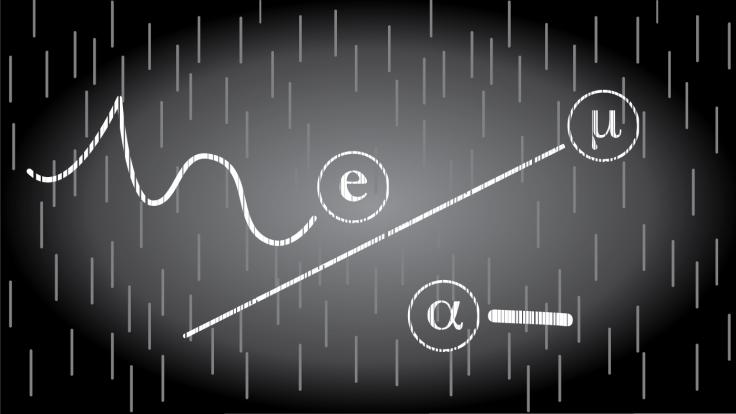Astronomy--with its lush images of brightly-colorized nebulae and violent solar storms--makes good fodder for popular media. But theoretical physics? A search in Amazon.com's Movies & TV section turns up zero hits. So on Tuesday, September 9, cable TV's History Channel will do the unprecedented: air a mainstream TV show centered on theoretical and experimental particle physics.
The Next Big Bang will air at 8 p.m. tonight, on the eve of first light in the Large Hadron Collider. (Check your local listings to confirm that time!) The show adds to the LHC fever that promises to do for high-energy physics what Carl Sagan and Steven Hawking did for astrophysics and cosmology. (And let's face it; the doomsday lawsuits haven't hurt, either.) Supersymmetry, extradimensional space, quantum mechanics--this cable program will go there.
"The biggest mistake was trying to cover too much information," says Johns Hopkins University particle theorist David Kaplan, who served as science advisor and narrator for the one-hour documentary. "Dark matter, supersymmetry, extra dimensions, the LHC machine, computing power, quantum theory...it's a lot. That was my only complaint in the end."
But the show works hard to get its ambitious material right: "It's all correct," Kaplan says. More than that, the filmmakers aimed to create imagery that at least partially demystifies physics' most arcane realms for the public. "There are some spectacular visual metaphors in it," Kaplan says, "which I really like."
Director and producer Matt Bennett wrote the show. "There are a number of times when we talk about how extra dimensions could be revealed at ATLAS or CMS," the two biggest detectors at the LHC, he says. "That's one of the most successful parts of the show--where you see this graviton disappear." Bennett's team also superimposed illustrations of LHC's colliding proton beams over helicopter footage of the LHC's home on the French-Swiss border, and took the camera on a 10-mile dolly ride through the tunnel, to show viewers the scope of the giant collider.
But Bennett's primary aim was the science.
"It think the most exciting part of this show is less about what the LHC is than what the LHC may tell us," he says. "It's really about the exciting news that may come forth from this incredible machine."
Those future results are the target of a longer documentary that Kaplan already has in the works. "That's the way this all really started," he says. "A few years ago I decided to make a documentary about the LHC."
Kaplan's collaboration with Bennett began when he used a Sloan fellowship to hire Bennett to produce a short trailer for that proposed film, Particle Fever.
"I was able to use that clip to get funding for the large-screen documentary, so I'm working on that now," Kaplan says. If all goes well for the collider and the film, Particle Fever will give the public a deeper view of the LHC and its first results in mid-to-late 2009. For now, you can find the trailer here.







